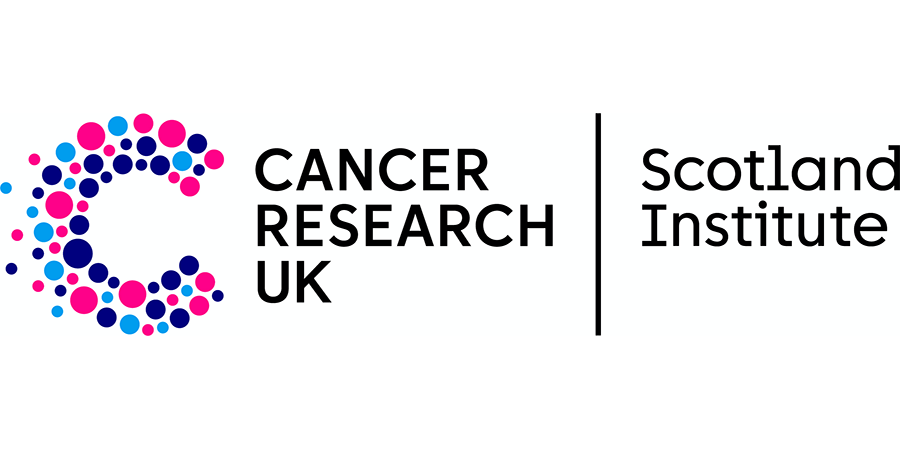Postdoctoral Research Scientist - Professor Tom Bird
CRUK Scotland Institute - Liver Disease and Regeneration Group
| Location: | Glasgow |
|---|---|
| Salary: | £37,000 to £44,852 subject to experience, plus relocation allowance and visa costs if required |
| Hours: | Full Time |
| Contract Type: | Fixed-Term/Contract |
| Placed On: | 13th January 2025 |
|---|---|
| Closes: | 2nd March 2025 |
Project Title: Linking stratification biomarkers to therapy for B-catenin driven liver cancer
Salary: from £37,000 to £44,852 subject to experience, plus relocation allowance and visa costs if required.
Contract term: Fixed up to 6 years, subject to successful review at Year 3
About us
The CRUK Scotland Institute where the lab is based is a world leading cancer research institute, situated in the vibrant city of Glasgow in Scotland and hosting approximately 60 postdoctoral researcher scientists at any one time. It has an excellent reputation for fundamental cancer research, including world-class metabolism studies and renowned in vivo modelling of tumour growth and metastasis.
Project outline
A postdoctoral position is offered in the Liver Disease and Regeneration group headed by Professor Tom Bird. As a group we have developed, and now are exploiting, a suite of genetically engineered mouse models (GEMMs) of subtypes of Hepatocellular Carcinoma to explore and test the clinical utility of targeting subtype-specific pathways in this common cancer of unmet need.
This substantive, Sir Jules Thorn Trust Award funded, project will address a clinically important and translationally relevant challenge. We aim to develop a novel metabolic biomarker for Wnt/B-catenin activity in liver cancer, validate its use in blood and tumours and mechanistically develop novel treatment options for targeting patients with this subtype of liver tumours using the unique resource of our GEMMs within the state-of-the-art facilities provided by the CRUK Scotland Institute.
The principal role of this post will be to develop, integrate and test targeted therapies in relevant models including in vivo GEMMs, orthotopic transplantation models and in both murine and human HCC-derived organoid models in vitro. Work will involve surgical models and preclinical imaging with relevant training provided as required. Sample analysis will involve metabolomics (LC-MS), immunohistochemistry and molecular (including transcriptomic) analyses amongst other molecular techniques. The role will involve working with and managing preclinical murine colonies and is expected to work closely with other group members and collaborators on related projects in tumour evolution and therapeutic translation, including allied industrial partners.
This work will be collaborative and will involve both use of pre-clinical and clinical samples; with prospective clinical material collected from a clinical study involving patients recruited by a separate subgroup linked to the Sir Jules Thorn funded project and additional samples from ongoing national consortia. Additional collaboration will be with nuclear physicists to develop targeted probes for clinical imaging (MRI-PET) plus experts in metabolomics.
You must have a PhD in a relevant field, be self-motivated and ambitious in addition to being a thorough and collaborative scientist. Existing skills including the use of animal models including holding a Personal License (PIL), and bioinformatic methods are especially desirable. A desire to work in translation science is essential.
For informal enquiries, please email t.bird@crukscotlandinstitute.ac.uk
Employee Benefits
- Competitive salary
- 40.5 days annual leave including bank holidays (pro-rata)
- Defined Contribution pension scheme
- Life Insurance scheme
- Employee Assistance Programme
- Season ticket loan
- Additional maternity pay at 6 month’s full pay (subject to service)
- Shared parental leave
- Cycle to work scheme that could save you 26-40% on a bike and accessories.
- Access to Employee benefit schemes with discounts on supermarkets, cinema, travel and much more.
- On-site secure parking
Applications must be made via tha 'Apply' button above.
Closing Date: 2nd March 2025
Advert information
Type / Role:
Subject Area(s):
Location(s):









